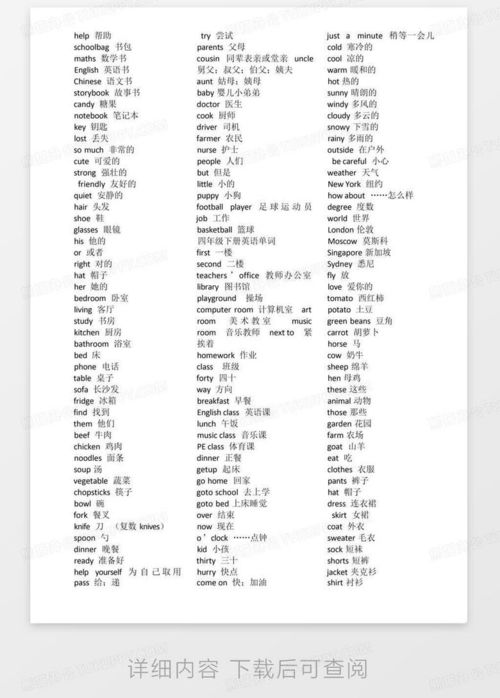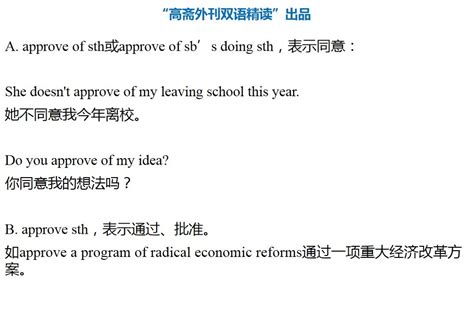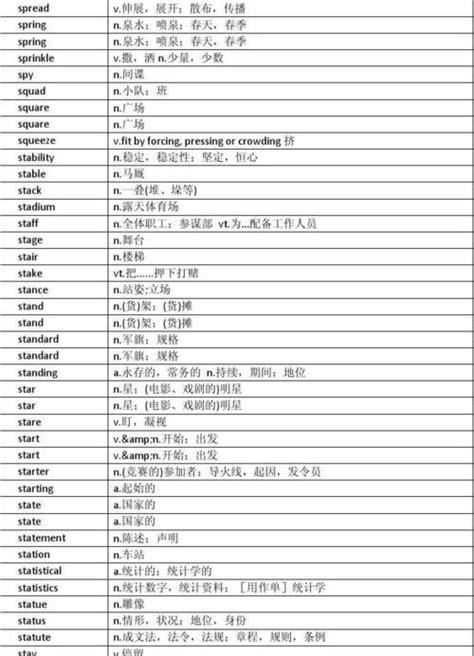揭秘“请”的英文表达,轻松掌握礼貌用语!
The Versatile Word "Please" in English: A Multifaceted Exploration

In the vast tapestry of the English language, individual words often serve as threads, weaving together the fabric of communication. Among these, the word "please" stands out as a quintessential particle, imbued with a rich tapestry of meanings and usages. Its simplicity belies its complexity, as "please" operates on multiple levels, functioning as a polite request, a courteous command, an expression of desire, and even a tool for negotiation and persuasion. This exploration delves into the multifaceted nature of "please," examining its etymology, syntactic versatility, cultural connotations, and the nuanced differences in its usage across various contexts and regions.
Etymological Origins and Evolution
The word "please" has an intriguing etymological history, tracing its roots back to Old French and Latin. In Old French, the term "plaisir" meant "pleasure" or "delight," evolving into the Middle English "ples(e)," which retained a sense of granting someone joy or satisfaction. By the time it entered modern English, "please" had diversified in its applications, but its core essence—the idea of doing something to make someone happy or content—remained intact. This historical background helps explain why "please" is so fundamentally tied to politeness and consideration in English communication.
Syntactic Versatility: From Requests to Commands
Syntactically, "please" is remarkable for its ability to fit into a variety of sentence structures, altering the tone and intent of the message. When used at the beginning of a sentence, as in "Please could you pass the salt?," it softens a request, making it sound more polite and considerate. However, its placement is flexible; it can also appear at the end of a sentence, as in "Could you pass the salt, please?," maintaining the politeness but perhaps adding a slight emphasis on the request itself.
Interestingly, "please" can even invert traditional power dynamics. In formal or authoritative settings, one might expect a direct command, but prefixing it with "please" transforms it into a courteous request, as in "Please sit down." This usage underscores "please" as a means of adding respect and consideration even in situations where an order might otherwise be issued.
Cultural Connotations and Social Expectations
Cultural context plays a significant role in shaping how "please" is perceived and used. In Western cultures, particularly those influenced by British and American etiquette, "please" is considered a cornerstone of polite conversation. Its use is encouraged in almost all situations where one is asking for something, making a request, or extending an invitation. Failure to use "please" can be interpreted as rude or inconsiderate, reflecting a lack of respect for the other person.
However, in other cultures, the use of "please" may vary. Some societies might have different expectations for politeness, relying on tone, body language, or other verbal cues to convey respect and consideration. In these contexts, "please" might be used less frequently or reserved for specific situations where extreme politeness is deemed necessary.
Additionally, regional dialects and social classes within a culture can influence how "please" is employed. In more informal settings or among close friends and family, "please" might be omitted in favor of a more relaxed and direct communication style. Conversely, in upper-class or formal circles, its use may be more rigorously adhered to, reflecting a heightened sense of propriety.
Negotiation, Persuasion, and Social Dynamics
Beyond its immediate function as a polite request, "please" serves as a powerful tool in negotiation and persuasion. When making a request or proposing an idea, prefixing it with "please" can make the proposal more palatable, reducing the other person's perceived cost of compliance. It signals a willingness to respect their autonomy and consider their feelings, fostering a cooperative rather than adversarial dynamic.
In business negotiations, for instance, using "please" can help build rapport and trust, making it easier to reach a mutually beneficial agreement. Similarly, in personal relationships, its use can help navigate difficult conversations, maintaining empathy and understanding even when discussing contentious issues.
The power of "please" lies in its ability to appeal to people's inherent desire to be respected and valued. By using it, one acknowledges the other person's agency and autonomy, creating an environment conducive to positive social interactions.
The Nuances of "Please" in Different Registers
"Please" also exhibits variation across different registers of language—formal, informal, written, and spoken. In formal writing, such as business letters or academic papers, "please" is often essential, reflecting the need for professionalism and respect. In contrast, in informal written communication, like text messages or social media posts, its use may be less frequent, replaced by more casual phrases or emojis that convey a similar sentiment.
In spoken language, the intonation and stress placed on "please" can alter its meaning. Said with a rising inflection, it can sound like a question or a request for confirmation. Said with a flat or falling tone, it can convey a sense of authority or urgency. This auditory aspect of "please" underscores its role as a dynamic communication tool, adaptable to the nuances of human interaction.
The Implications of Overuse and Underuse
While "please" is generally seen as a positive addition to communication, overuse or underuse can have implications. Excessive use can sometimes make language sound stilted or insincere, particularly in informal settings where a more relaxed tone is appropriate. Conversely, underuse, particularly in situations where politeness is expected, can signal disrespect or lack of consideration.
Finding the right balance involves understanding the context and the relationship between the speakers. In some cases, a simple "thank you" might suffice where "please" would be overly formal. In others, omitting "please" when asking for something might be perceived as entitled or rude.
Conclusion: The Enduring Power of "Please"
In conclusion, the word "please" is a testament to the intricacies of human communication. Its simplicity belies a complexity of meanings and usages, spanning from polite requests to negotiation tactics, and from formal writing to casual conversation. Its etymological roots in the idea of granting pleasure or satisfaction reflect a deep-seated human desire for respect and consideration in interaction.
As we navigate the complexities of modern communication, understanding the power and nuance of "please" remains crucial. By using it thoughtfully and appropriately, we can foster more respectful, considerate, and cooperative social interactions. In doing so, we honor the enduring legacy of this small but mighty word, ensuring it continues to weave its way through the fabric of English communication for generations to come.
-
 英文表达‘请同意’怎么说资讯攻略12-04
英文表达‘请同意’怎么说资讯攻略12-04 -
 掌握英文表达:“谢谢”怎么说?资讯攻略11-15
掌握英文表达:“谢谢”怎么说?资讯攻略11-15 -
 探索“请”的英文表达,开启语言新旅程!资讯攻略02-09
探索“请”的英文表达,开启语言新旅程!资讯攻略02-09 -
 How Do You Say 'Hello, Sir' in English?资讯攻略11-14
How Do You Say 'Hello, Sir' in English?资讯攻略11-14 -
 掌握英语中的巧妙(或巧妙避免)骂人用语资讯攻略02-18
掌握英语中的巧妙(或巧妙避免)骂人用语资讯攻略02-18 -
 How to Say 'Sorry' in English?资讯攻略01-18
How to Say 'Sorry' in English?资讯攻略01-18












